This year hackers got brand new opportunity to get richer based on Covid-19 hype. McAfee detects more and more criminal attempts to exploit current events. This is why organizations and business have to be on aware and understand what new attack methods are used by cybercriminals in Covid-19 world.
Phishing letters now became the best tool for cybercriminals. Amount of such a content has considerably grown over the past few months. Users get faked letters as if from World Health Organization about sales of masks and medications, coronavirus tests and other medical merchandise (subject of such a message would usually be the most relevant for the addressee from specific region).
Phishing letters either contain links to sites with malicious content or to the documents with exploits or malicious macros. The goal of these activities is to get malicious code to the workstation with the purpose of stealing user or payment data. Hackers also try to lure the victim to a faked web resource with such phishing letters.
Criminal web site would imitate appearance of the bank site or payment system where users are offered to enter personal data. Crypto extorter, cyphering the victim PC, deleting shadow file copies and demanding ransom is one more variant of malicious software. It is well known, that today most attacks are conducted not by humans but by autonomous software solutions, collecting information about victims from different sources and sending phishing letter automatically. Information needed for such attacks is often collected from social networks and other open sources, which demands practically no efforts from criminals. For instance, in user files metadata, which are often in open access, there can be found email addresses, IP-addresses, OS versions etc.
This is a very often occasion when hackers us previously stolen user databases to launch attacks. Criminals may deploy any new attack within just several hours, based on social engineering techniques and emotions of potential victims. The best defense from such attack is awareness and informing company employees of cybercriminal methods.

